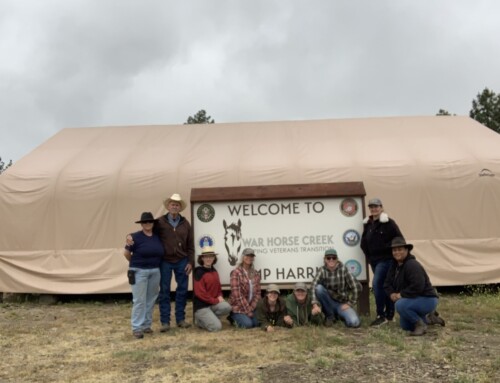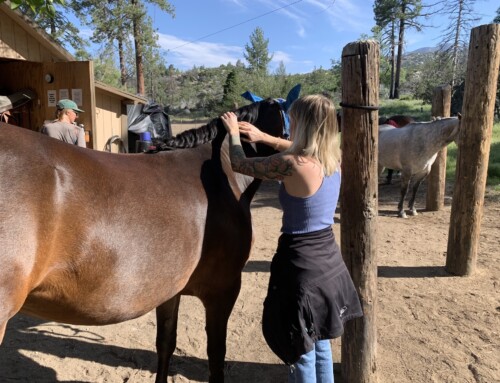Submitted By: Wife of a USMC Veteran
The ongoing effects of war on a service member spill over onto friends, family members, children, and arguably in the most heavy way, onto the partners. Speaking as a Veteran wife, who entered into a relationship with my spouse as he was leaving the Marine Corps, I did not go through deployments by his side. I came in blind, not understanding the depth of trauma and how it has dug down deep inside my husband’s core. Intertwined and hidden in a way that’s taken years to identify, and will likely always be a part of him.
The trauma symptoms have uncovered themselves over the years, especially as we’ve added on stressors like owning a home, more responsibilities at work, one kid, two kids, now a third on the way. As with every marriage, the relationship deepens over time and as you have experiences together, you learn new things about your partner. While I’ve learned so many positive things about him; his fierce loyalty, his deep passion, his creative spirit, his level of commitment. I’ve also discovered a man who has been exposed to extreme stressors through his combat experience. His military trauma has taken a harsh toll on his anger response, his defensive attitude, his impatience and his invulnerability. These qualities stand in his way; they prevent him from being the kind of father and partner that he strives to be. What is most interesting is the fact that these same qualities are the ones that are ingrained in soldiers during military training. Anger, defense, reactiveness, invulnerability…these qualities kept him strong and kept him alive.
So, how does he re-train himself to ignore the life-saving qualities that were necessary during his military years?
And how do I best support my partner in facing something that I will never fully understand, having never experienced trauma?
I like to think of the first five years of our marriage as the discovery phase. It took us a long time to identify the specific trauma symptoms that he was experiencing, then to understand where they came from. As we enter our seventh year of marriage now, we are well into a phase of reconstruction. Our current focus is to find and employ tools that will help us to identify when a trauma response arises, resolve it quickly and then reflect back on the trigger to understand why it happened.
I wanted to share a few of the strategies and tools that we’ve found to be helpful in learning about and handling these issues:
- Individual counseling AND couple’s counseling: We just started exploring counseling as a couple, and have found it to be super helpful. It offers a safe space to share feelings that would be intimidating to talk about without a third party.
- Parenting classes: Toddlers are hard, no matter what. We’ve found it helpful to source local, positive discipline classes so we have more in our tool belt when it comes to parenting our children.
- Reading articles and books: A couple parenting books that my husband has liked are called No Drama Discipline and How to Talk So Kids Will Listen. These were both recommended by a good friend who is a marriage and family therapist. I’m also currently researching books targeted to military and veteran spouses. Here’s a list from Military.com that I’m going to start with.
- Weekly Check-ins: We’ve been setting aside time, one evening per week, to check in with each other. We use this time to review the week, the bad and the good. It’s given us time to focus specifically on the issues, and it has been invaluable. I highly recommend everyone do this with their partner, Veteran or not.
- Decompression Time: Our therapist suggested my husband take one night per week (after the kids are in bed) to decompress. This means that he gets time alone to do whatever he wants to do. It’s typically just watching a movie or a show, but the time alone allows him to regroup and get some perspective.
- Create a Signal: Our therapist also suggested that we identify a hand motion that I use to let him know when I notice a trauma response. When he sees me use this motion, he knows that I’m seeing a heightened response, and he needs to take a step away. And no, the hand motion is not the middle finger.
We’re very much a work-in-progress. It’s often difficult to find the time and energy to dedicate to our work around these issues, on top of our jobs and kids and everything else. What we often have to remind ourselves is that there is nothing more important than the strength of our relationship and our marriage. It’s the backbone of our family; everything will fall apart if we ignore it.
The trauma following my husband’s service is something we will always face. What’s most important is that we face it together with love, support and open, honest communication.








Leave A Comment